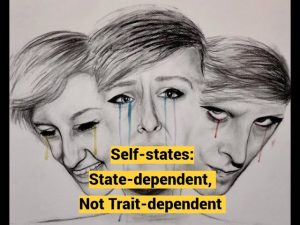
Predatory Women (Compilation 2 of 2)
The video provided an in-depth analysis of female psychopaths, distinguishing them from male psychopaths by their impulsivity, emotional dysregulation, and relational abuse within a chaotic, manipulative “crazymaking space” aimed at gaining power. It also explored borderline personality disorder, particularly focusing on splitting, self-destructive behaviors, and substance abuse as coping mechanisms linked to fears of abandonment and identity diffusion. Additionally, the discussion compared narcissistic and psychopathic sexual fantasies and behaviors, highlighting differences in motivations, manifestations, and the roles substance abuse plays in exacerbating dysfunctional patterns. Predatory Women (Compilation 2 of 2)




